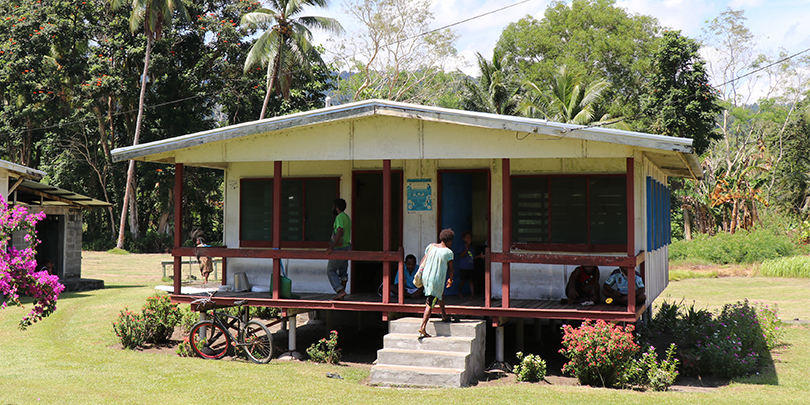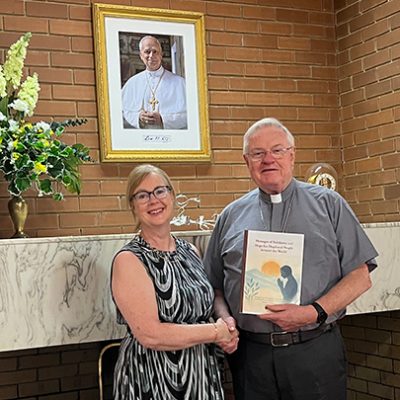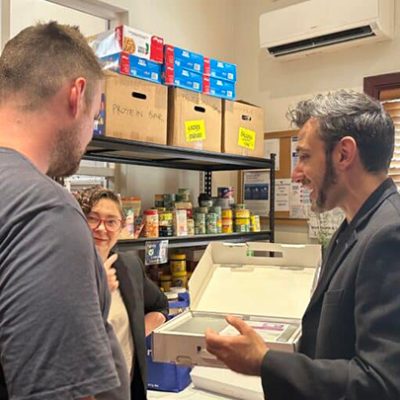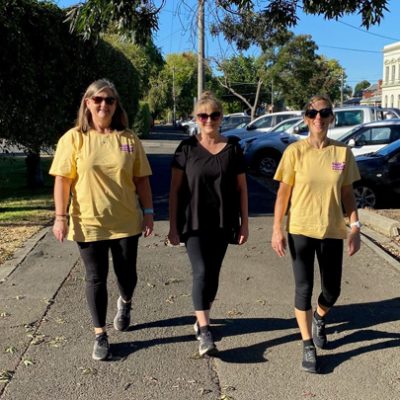
Caritas Australia has released a report on the role of faith-based organisations and leaders in furthering women’s economic empowerment in Papua New Guinea.
The report revealed that faith-based organisations and leaders are highly influential and trusted. With extensive local community networks, they are shown to have a positive effect on the ability of women to make and act on informed economic decisions.
Further, the research shows the contribution of the faith community to shifting attitudes and social norms around gender through awareness and training initiatives, as well as local advocacy. This advocacy often begins with conversations that use biblical or theological interpretations of gender equality, which act as effective entry points to challenge harmful norms or views.
A further area in which the faith community plays a key role is providing literacy, financial literacy, and livelihood skills to communities. Engagements between government and the faith-based organisations delivering these services are currently designed to improve service delivery and policies, however, the study revealed opportunities for a more cohesive approach that widens the involvement of community organisations.
Damian Spruce, Caritas Australia’s advocacy associate director, said the “faith-based community has both the trust and the networks required to play a vital role in advancing women’s economic empowerment in Papua New Guinea”.
“They are in a unique position where they can impact social norms and attitudes with theological approaches, as well as provide practical skills through their extensive community networks,” Mr Spruce said.
“The opportunity is to have civil society in its entirety working more closely with government to shape policy and delivery, as well as increase funding – the faith community can play an important role in this.”
FULL STORY
Faith-based organisations and leaders are key to advancing gender equality in Papua New Guinea (Caritas Australia)






